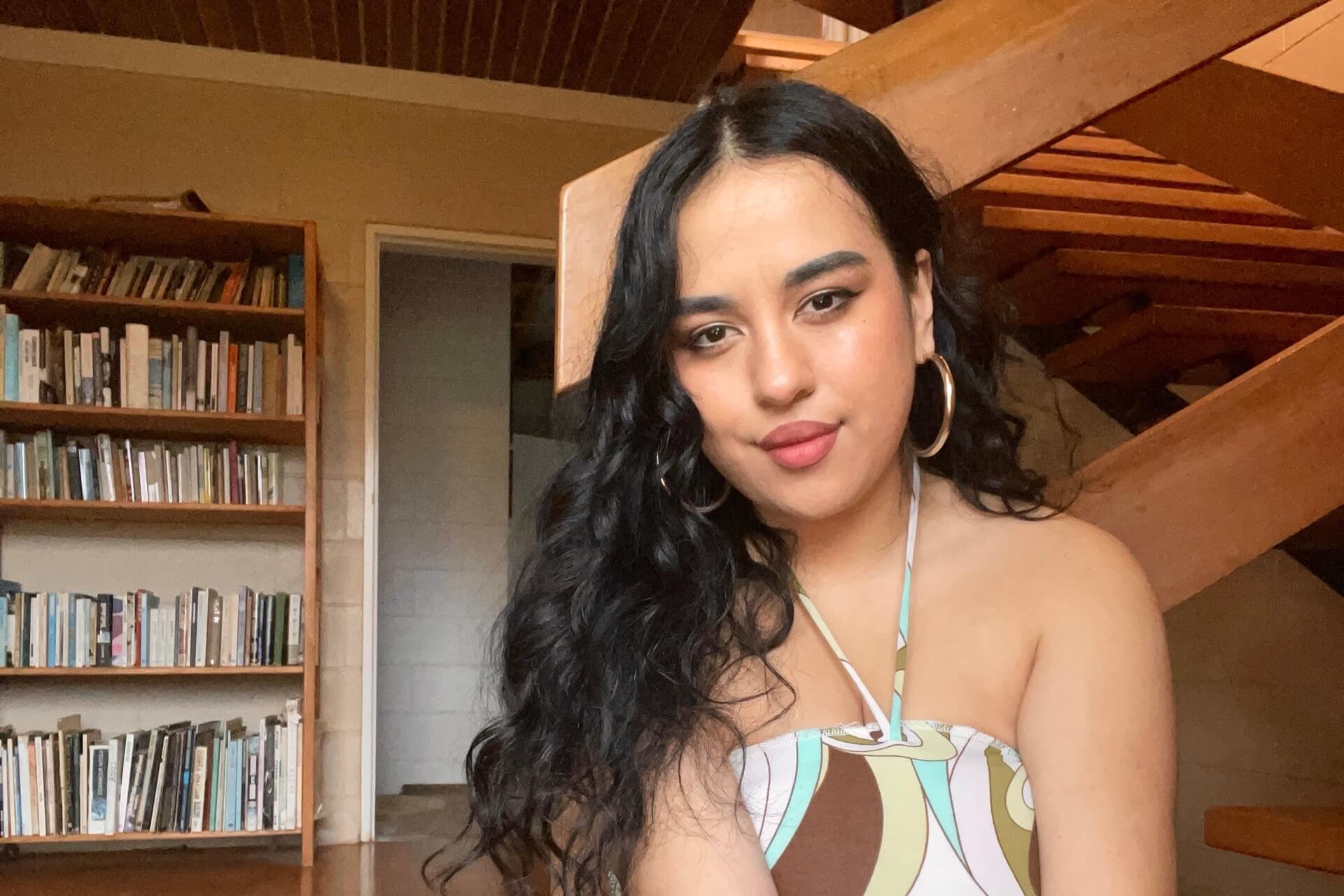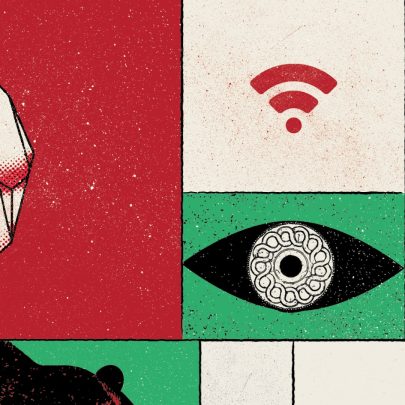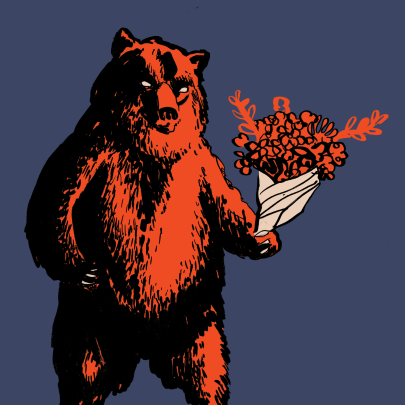Feb 25, 2022 Books
Aotearoa has a long literary tradition of making odes to this landscape, to this place we call home — Patricia Grace and the Kāpiti coast, Talia Marshall to the ruckus of Dunedin, Ruby Solly to Tūrangi and Taupō. If I think of home, I think of Ascot Park, that suburb on the hills of Porirua. P-town. When I bring it up in my mind, I picture it sun-drenched and sparkling, the houses painted Pacific Island blue, like Tip Top ice-cream containers. If it wasn’t for Rangikura, that school on top of the hill, I might not have wanted to remember it at all.
Ascot Park used to be a racecourse, and so the streets names were musical, named after horses. Excellency, Caduceus, Limerick, Sasanof. There was Warspite, the main road, where all the boy racers crashed their cars. There was Doncaster Terrace, up the top where the houses suddenly got posh, and no one knew anyone who lived there. There was Calliope, with the only shop, an understocked dairy run by a hard-faced couple who barely tolerated us, pooling our money together to buy flat, discounted Pepsi and stale Peppy Chews. And then Beaumaris, where I lived, with my sisters, my mother and her boyfriend.
My mother, my sister and I moved to Beaumaris sometime in 2003. I can’t remember ‘moving’ moving so it must have been gradual; Mum wanting to stay nights at her new boyfriend’s place, her two tiny children in tow. My mother’s boyfriend lived in a faded four-bedroom that his parents owned. It had a tiny kitchen, a plum tree, a rickety deck, a linen cupboard filled with colourful lavalava, and a damp and enduring smell that made my skin crawl. I’m not sure where I inherited my snobbery from — prior to this we had lived in an average three-bedroom just off the main road in Johnsonville — but the house embarrassed me.
I was unhappy. For years I lived in Ascot Park without feeling like I lived there, without claiming any part of it and without it claiming any part of me. Mum was still ferrying us back and forth over the motorway every morning so we could attend our schools in Johnsonville and school was a relief. My new family was impatient with children in a way that confused and wounded me. My stepbrothers, who bore the brunt of the adults’ dissatisfaction, would turn their attention to me and tease me until I’d cry, then tease me for crying. Though my mother’s boyfriend could affect a warm personality, he also had a propensity for violent rages that made my sisters and I hide in the bottom of our wardrobes. We spent many nights at our grandparents’ house. Mum would make us pack our things and load up the car to leave so many times that we could almost do it in our sleep, packing our toys in our pyjamas. Much of my mental capacity was occupied with the anxiety of living in one of those typical houses tiled with eggshells. Quietly, I wished on everything — dandelions, first stars, birthday candles — that my mother would leave him for real.
I always wanted to be somewhere else. My mother discovered the diary I kept — the only diary I have ever kept — in which I had written repeatedly with dumb, childish insensitivity that I wanted to live with Nana. I lived in fantasies in my head. I read whatever I could get my hands on. The adults around me would often refer to me as being “away with the fairies”. Now, as an adult myself, I am able to recognise that I was experiencing and exhibiting behaviours that could be classified as disassociation. I have gaps in my memory; long white clouds forming and breaking, pulling apart like candyfloss, the sun only just getting in every now and then. But the year Mum made us change schools to attend the local primary, Rangikura, everything comes into focus — becomes vivid even.
My first day at Rangikura was a day of tears. Tears getting dressed, tears in the car in the morning. Tears when we were told to go round and share our pepeha. At my previous school, with less than a handful of Māori students, I won the principal’s awards for my ‘marae expertise’ and for being the kaitātaki of our tiny, pale kapa haka group. At Rangikura, everyone was brown, and might as well have been fluent. The teachers often gave their instructions in te reo. In the afternoon, tears again, when we were instructed to pair up and draw each other’s portraits. The boy I was paired with — a real shithead who would continue to be a shithead in my life for many years to come — drew me with great artistic flourish; warts, pimples, chin hairs, etc. Tears again when one of the teachers — a large Samoan man with long thick dreads falling down his back, a guitar on his hip and a talking voice that sounded a lot like yelling — told me to put my sunhat on.
When I got home that day I was completely exhausted. The kids were mean and so were the teachers. I wanted to be back at my old school with my old friends. I wanted to disappear. I wanted to die. But I was just bordering on teenhood at the time, and kids are incredibly adaptable. Mum made me go to school, and it wasn’t long before I settled in, before my skin thickened and my mouth filled with the same kind of smarts these kids had. It wasn’t long before I had friends. Kids would hang around my mailbox after school, or appear in my garden to help themselves up into the two big trees that lined the property to play “daredevil”. When the teacher demanded I put my hat on then saw my nervous tears, he immediately softened and asked me kindly, with a bright kind of Pacific Island smile, “Where you from, girl?”
All of the teachers were similar this way, a juxtaposition of hard and soft. They could be extremely cross. If we misbehaved, they would send us for a run around the field. If we had been particularly annoying, we’d be assigned boxing bags, or benches to carry. They instructed a cruel and unusual fitness regime at 12pm everyday; suicides, burpees, fireman lifts and the infamous “street run” — a looping track around the horse-named streets while they drove beside us in their cars, beeping at us. We cussed them out in our heads and thought, Maybe you should get out of your car and run your own fat ass. They had a humiliating but effective way of keeping us in line by standing us up and dressing us down in front of everyone, until all the smart evaporated from our mouths, until we were left with our head down and our bottom lip out. To our bafflement and amazement, the teachers always seemed to know everything we had been up to. When a bunch of us started putting Cs and Bs up on the internet, they knew about it and dressed us down. When a group of my girlfriends tagged their names on a local bus stop, they knew about it and dressed us down. They wanted us to grow into responsible adults — our school motto, which we took more seriously than Bebo and krumping, was Honesty, Maturity, Respect — and the teachers had no problem pointing out that we were children. Once, during swimming lessons at Cannons Creek Pool, one boy — over 6 feet tall, cute and built like an adult — became bro’s with the lifeguard. After the lesson, when we were all dried and changed, ready to hop back on the bus, he tried to mention casually, mimicking adult nonchalance, a relaxed confidence, that he was not going back to school. He was going to hang out here for a while. Our teacher, with an impatient sigh, rolled his eyes and told him, in essence, to hurry up and get his twelve-year-old ass up out of the seat and on to the bus before he whooped it.
And even though we had dark thoughts towards our teachers, as we pretended to be puzzled by their interference, their strictness and why they cared so much, we also loved them fiercely and felt proud and protective over them. When someone’s parents complained to the Kapi Mana News that our running was equivalent to physical punishment we were all outraged and felt it was absolutely ridiculous. When teachers moved on we held huge poroporoaki filled with ex-students, speeches, songs and tears. We knew that our teachers cared about us hugely. They wanted us to step up and speak up. They wanted us to succeed and create, and worked hard to create an environment in which that was possible. There was an unspoken thing between us — an acknowledgement that among us were kids who lived in egg-tiled houses — and that whatever was repressed at home could be expressed here.
Our teachers would learn our favourite pop songs on guitar so we could sing them, writing the lyrics out on OHP sheets by hand. Term Four was spent on the courts learning Latin American ballroom dancing — dozens and dozens of too cool lil brown kids coupled up, doing the cha cha enthusiastically. They taught us Hone Tuwhare and Apirana Taylor poems. They made us write our own. Even the most difficult and disruptive kids got right into it, stepping up to share the love poems they had carefully written, with lines like “I would take a staircase to your heart just to listen to it beat” and “e will steal your heart rapaciously”, the latter appropriated, as all good poets do, from a dictionary of synonyms. When they knew I wanted to write, they would push personally selected books into my hands, arrange for computer time for me, and had me submit to competitions.
At the end of each year was a prizegiving where awards like the Sutton Shield and Kahikatea Spirit Girl were more anticipated and significant than an Ockham. They inspired our mahi and behaviour for the entire year. The awards were accompanied by a formal, where it was mandatory to attend with a date. The boys would bring the girls boxes of Roses chocolates and supermarket flowers, then we would dance and be presented in front of our parents in a debutante-style spectacle to “Angel of Mine” by Monica. Our parents, tough and complicated characters, would weep at the sight of us; and though still awkward from childhood, we would feel like maybe we really did love each other, and would in a way for years; bumping into each other at bars, and clubs, yelling “OMG that’s the homie!” over the music.
Back inside the house, the man with the mood swings continued to darken everything, even after he finally left us. There wasn’t much I could do about it then, and there’s not much I can do about it now — except to remember riding our bikes to each other’s houses, sleepovers, games of spotlight at school at night, the big park with its endless green fields for rugby in the winter, kirihite in the summer. It’s funny how all the after-school afternoons spent playing half court with the boys, picking teams to play relay races on the twin flying foxes, talking about our crushes on the tattooed playground and climbing the small hillock at the edge of the park that we all referred to as Dinosaur Hill, because it looked like a stegosaurus, are just dumb little moments of kids being kids but speak to me louder than anything else. After my mother and her boyfriend split, we had to leave Ascot Park and that house, but it’s still the place I think about when I think about home, and it’s what I think about when I think about Aoteroa’s literary tradition, my place in it, and what I want to commit to the canon. When I write, I am both responsible for and held by that suburb on the hills of P-town, the kids I shared it with, and the kaiako who encouraged us, again and again, to take our place as the descendants of stargazers, navigators and storytellers.






